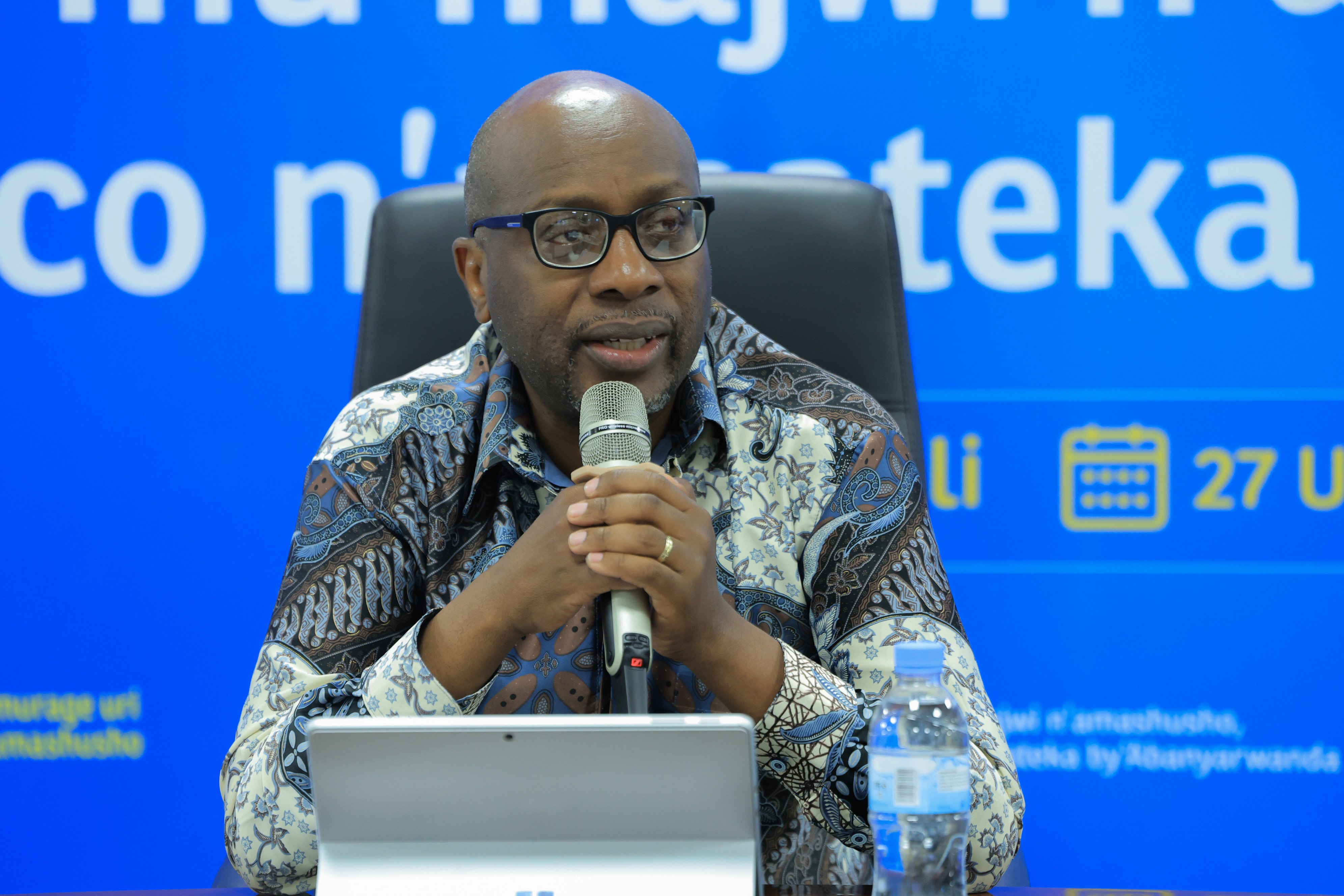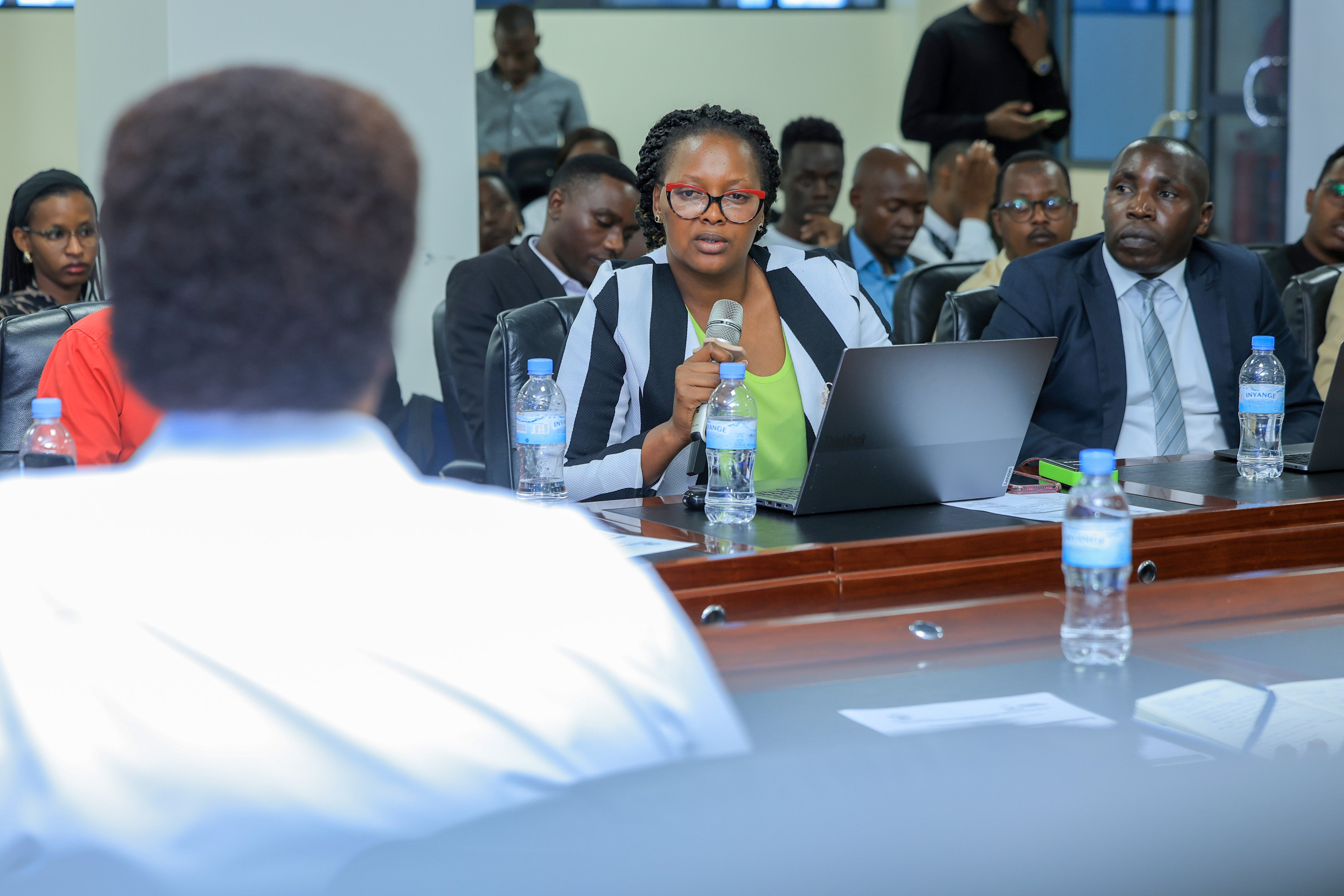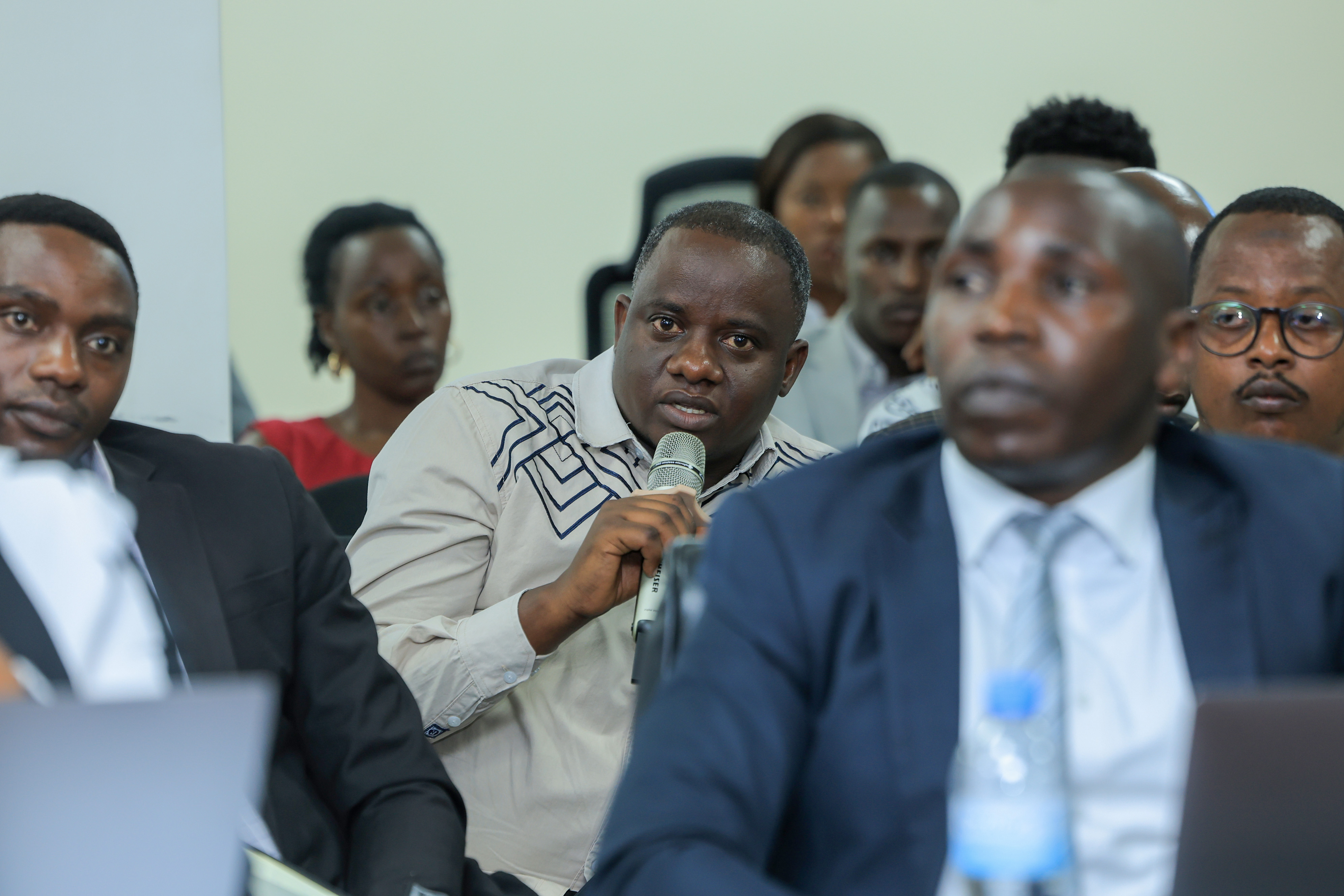On October 27, 2025, Rwanda proudly joined the global celebration of International Audio-Visual Heritage Day. Under the theme, "Audio-Visual Heritage: A Gateway to Rwandan Culture and History," the event underscored the importance of preserving recordings that safeguard cultural identity and historical truths.
The occasion, coordinated by the Rwanda Academy of Culture and Language, brought together stakeholders to explore ways to protect and maintain this cultural treasure. Discussions highlighted the critical role of audio-visual archives in narrating Rwandan history and promoting cultural understanding worldwide.
Ambassador Robert Masozera, Chair of the Academy, emphasized that audio-visual archives are invaluable to Rwanda's historical memory. They not only shed light on significant events, such as the 1994 Genocide against the Tutsi, but also function as educational tools for future generations.
Masozera raised concern about the fragile state of much of Rwanda’s audio-visual heritage, urging individuals holding tapes, films, and photographs to hand them over to the Academy for proper preservation.
He stated, “Items like photographs, films, and recordings on radio or old cassette tapes are part of our cultural history, yet they are easily damaged or lost. Events like these serve to remind people of the importance of protecting our heritage—while there is still time to act.”
Masozera highlighted a pressing issue: approximately 90% of Rwanda's cultural heritage is still held abroad, the majority being in Belgium. While certain pieces have been successfully reclaimed, many artifacts taken during the colonial era are yet to be returned.
“Our archives are still limited,” he remarked. “However, the majority of recovered cultural artifacts were retrieved through international collaboration. Across Africa, up to 90% of cultural heritage resides in foreign countries, and Rwanda is no exception, with much of it still in Belgium.”
The government of Rwanda, in collaboration with the Ministry of Technology and Innovation, has implemented cutting-edge technologies to securely store and protect these valuable records, ensuring they remain intact for future generations.
Additionally, four dedicated archival rooms at the Ministry of National Unity and Civic Engagement now house both pre- and post-colonial documents, ensuring a comprehensive record of Rwanda’s history.
These collections are accessible through an online platform set up by the Academy, allowing researchers and the general public easy access to these historical archives. This initiative strengthens efforts toward inclusivity in preserving and celebrating Rwanda’s cultural legacy.
A particular achievement celebrated this year was the preservation of over 4,000 traditional Rwandan songs and dances, which are now stored in the National Archives. Many of these recordings, initially taken by colonizers in the early 1900s, are being systematically repatriated to Rwanda.

Ambassador Masozera reiterated his call to all Rwandans to support preservation initiatives, encouraging them to entrust cultural artifacts to experts who can ensure their safety and long-term protection.


Event attendees enthusiastically engaged in discussions on how best to protect and maintain Rwanda’s audio-visual heritage. The day served as a vital reminder of the collective responsibility to preserve the nation’s culture for future generations.
